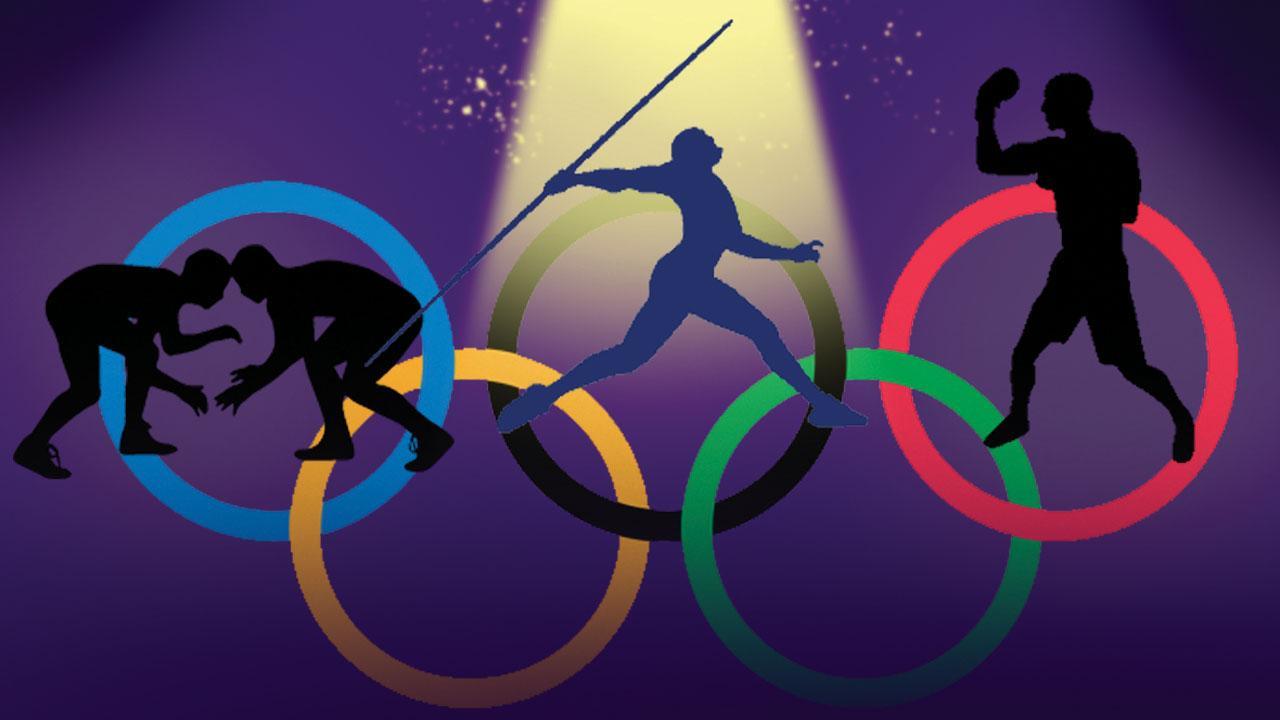Vinesh Phogat knows this-many times over. Justice has eluded or been patchy in response to the protest she spearheaded against sexual harassment of wrestlers by Brij Bhushan Sharan Singh

Illustration/Uday Mohite
![]()
ADVERTISEMENT
To be celebrated as resilient can be lonely.
To be praised for resilience is the certificate of participation the world gives you for surviving its prejudice, narrowness, mediocrity and resulting injustice. Standing in spite of the world, not simply in the glory of you.
Vinesh Phogat knows this-many times over. Justice has eluded or been patchy in response to the protest she spearheaded against sexual harassment of wrestlers by Brij Bhushan Sharan Singh. The episode has revealed that the system acknowledges such women when their achievements and medals serve its grandeur. When they demand fairness and support it is seen as effrontery—a challenge to power, not a right to justice—and invalidated at every step.
Conspiracy theories aside, to read about how the ad hoc committee, taking its name rather literally, promised trials in the 53 kg category, then refused them, is to read about a spiteful, systemic exclusion of a woman who questioned them. Rules are rules but not for rulers, who wield them to maintain their power, not a balance of fairness. They have room for complexity and ambiguity. Everyone else must conform to their rules to the last chromosome.
Imane Khelif knows that. Her wins have been constantly clouded in petulant controversies about her gender, which, as a history of gender troubles in sports have shown, are also prejudices about race as much as stereotypes about the feminine.
Rules can and should change, which means those who make rules have to change, to stop seeing themselves as the default; to give Vinesh Phogat her silver and Imane Khelif the pure celebration of her victories.
We, who are always searching for heroes, see how heroic figures like Vinesh Phogat and Imane Sharif are, because they fight more than they win, because their self-belief and excellence are incandescent in the face of indignity. Their stories symbolize all theexclusions and the pain that a small-minded society creates in those who do not mirror its orthodoxies and hierarchies. They have to stand alone before an unfeeling system and we rush to surround them with our love and belief. Such enforced heroism is a little lonely too. It’s nice to be a winner literally, not only symbolically.
We turn to such heroes more deeply now, because we live in particularly petty times. Just turn your nazar to a seemingly different, but essentially connected instance. Some days ago Jaya Bacchan requested the Speaker of the House not to address her as Jaya Amitabh Bacchan, only to have him do so again, almost deliberately. How small must your heart be to not even concede to such a simple thing, to acknowledge such a simple change in gender roles?
So, thank god for the expansiveness heart of two other people, causally heroic: Saroj Devi and Razia Parveen. They are the mothers of javelin throwers Neeraj Chopra and Arshad Nadeem respectively – Chopra having won the silver for India and Nadeem the gold for Pakistan. With fluid self-belief, both women refused to countenance the media’s habitually polarising questions, pitching the two competitors (who also happen to be friends) as enemies. “They are both my sons," each woman has said. “Neeraj’s silver makes us happy as gold might have done” said Saroj Devi. They could teach the powers that be a thing or two about sportsmanship, which is another word for fairness, isn’t it?
Paromita Vohra is an award-winning Mumbai-based filmmaker, writer and curator working with fiction and non-fiction. Reach her at paromita.vohra@mid-day.com
 Subscribe today by clicking the link and stay updated with the latest news!" Click here!
Subscribe today by clicking the link and stay updated with the latest news!" Click here!







